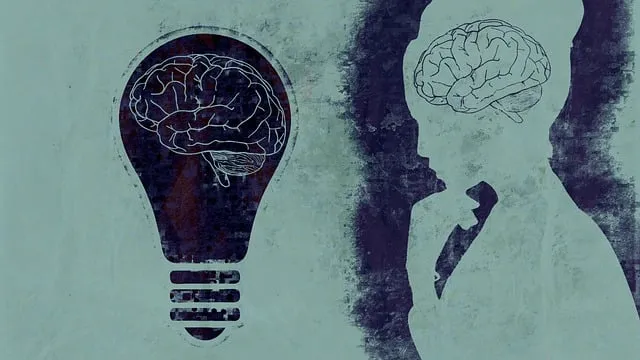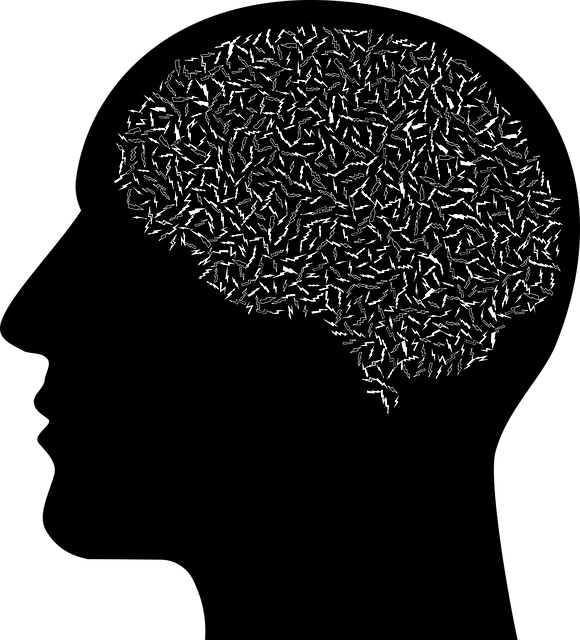Kaiser Permanente's Kaiser Permanente behavioral health services Superior takes a holistic approach to supporting individuals through loss, grief, and bereavement. With comprehensive training for mental health professionals, tailored support groups, evidence-based interventions, and risk management planning, they offer safe spaces for emotional expression and healing. By overcoming stigma around grief and providing accessible counseling options, Kaiser Permanente behavioral health services Superior enables people to navigate these complex emotions with dignity and resilience.
Loss, grief, and bereavement are universal experiences that can profoundly impact an individual’s well-being. This comprehensive article explores these complex topics, offering a detailed overview of effective coping strategies and counseling approaches. We delve into the critical role that organizations like Kaiser Permanente Behavioral Health Services play in supporting grievers, emphasizing their superior resources for managing loss. By addressing stigma and encouraging access to professional help, this guide aims to provide valuable insights for those navigating the challenging path of grief.
- Understanding Loss, Grief, and Bereavement: A Comprehensive Overview
- The Role of Kaiser Permanente Behavioral Health Services in Supporting Grieving Individuals
- Effective Counseling Approaches for Coping with Loss and Bereavement
- Overcoming Stigma and Seeking Help: Encouraging Access to Superior Grief Support
Understanding Loss, Grief, and Bereavement: A Comprehensive Overview

Loss, grief, and bereavement are deeply personal experiences that can profoundly impact an individual’s emotional well-being. Understanding these concepts is crucial for anyone seeking support or considering a career in behavioral health services. Loss refers to the absence of someone or something significant, while grief is the complex emotional response to that loss. Bereavement, on the other hand, is the period during which individuals adjust to their new reality following a significant loss.
At Kaiser Permanente behavioral health services, we recognize the profound impact these experiences can have on mental health. Our superior healthcare provider cultural competency training equips professionals to offer compassionate care tailored to diverse populations. We also emphasize emotional well-being promotion techniques as part of our Mental Illness Stigma Reduction Efforts, ensuring that individuals who have experienced loss and grief receive the support they need to heal and thrive.
The Role of Kaiser Permanente Behavioral Health Services in Supporting Grieving Individuals

Kaiser Permanente Behavioral Health Services plays a pivotal role in supporting individuals navigating loss, grief, and bereavement. With a focus on holistic well-being, they offer specialized services tailored to meet the unique needs of those dealing with profound emotional losses. The team comprises highly trained mental health professionals who leverage their expertise in emotional intelligence to create safe spaces for expression and healing.
Through individual therapy sessions, support groups, and evidence-based interventions, Kaiser Permanente Behavioral Health Services provides a comprehensive framework for self-care practices. They also emphasize risk management planning for mental health professionals, ensuring that both clients and practitioners receive the necessary tools and resources to cope effectively with grief while mitigating potential risks associated with intense emotional processes.
Effective Counseling Approaches for Coping with Loss and Bereavement

Effective counseling approaches play a pivotal role in helping individuals navigate the complex landscape of loss, grief, and bereavement. At Kaiser Permanente behavioral health services Superior, professionals employ diverse techniques tailored to each unique situation. One proven method is Trauma Support Services, which focuses on creating safe spaces for clients to express their emotions freely, fostering healing from the profound emotional wounds associated with loss.
Additionally, counselors emphasize Self-Care Routine Development for Better Mental Health as a crucial component of recovery. They guide individuals in adopting healthy habits that manage stress and promote resilience, such as regular exercise, mindfulness practices, and maintaining social connections. This holistic approach, combined with evidence-based strategies for Stress Management, empowers clients to cope more effectively, enabling them to integrate their loss into their lives while preserving their well-being.
Overcoming Stigma and Seeking Help: Encouraging Access to Superior Grief Support

In many communities, discussing grief and seeking help for bereavement is often stigmatized, leading individuals to bear their sorrow in silence. Overcoming this stigma is a significant step towards encouraging people to access superior grief support. Kaiser Permanente behavioral health services play a crucial role in destigmatizing these conversations by offering specialized counseling tailored to individual needs. This approach acknowledges that grief is a complex and deeply personal process, and seeking guidance can be a transformative act of self-care.
By promoting public awareness campaigns focused on emotional well-being, we can foster an environment where individuals feel empowered to develop their inner strength during challenging times. These initiatives, coupled with accessible counseling options like those provided by Kaiser Permanente, contribute to a culture that prioritizes holistic healing and encourages people to navigate the journey of grief with support and dignity.
Loss, grief, and bereavement counseling are essential components of healing after a significant loss. As previously mentioned, Kaiser Permanente behavioral health services play a vital role in providing superior support to individuals navigating these challenging emotions. By utilizing effective counseling approaches and overcoming the stigma associated with seeking help, those affected by loss can access the resources needed to cope and find solace. In light of this, it’s crucial to recognize the impact of grief support and encourage open dialogue, ensuring that folks have the tools to navigate their emotional landscapes post-loss.






